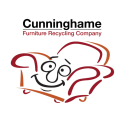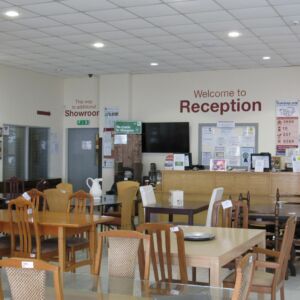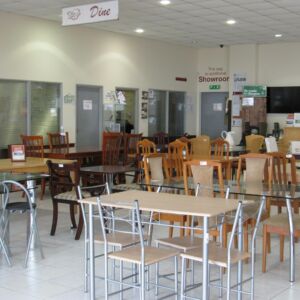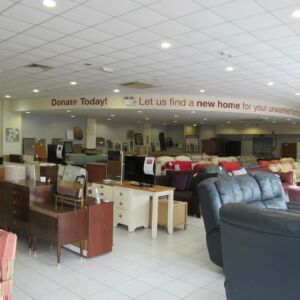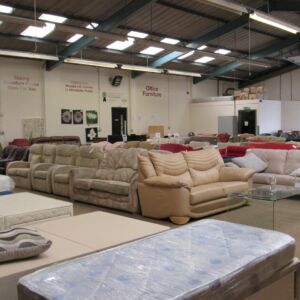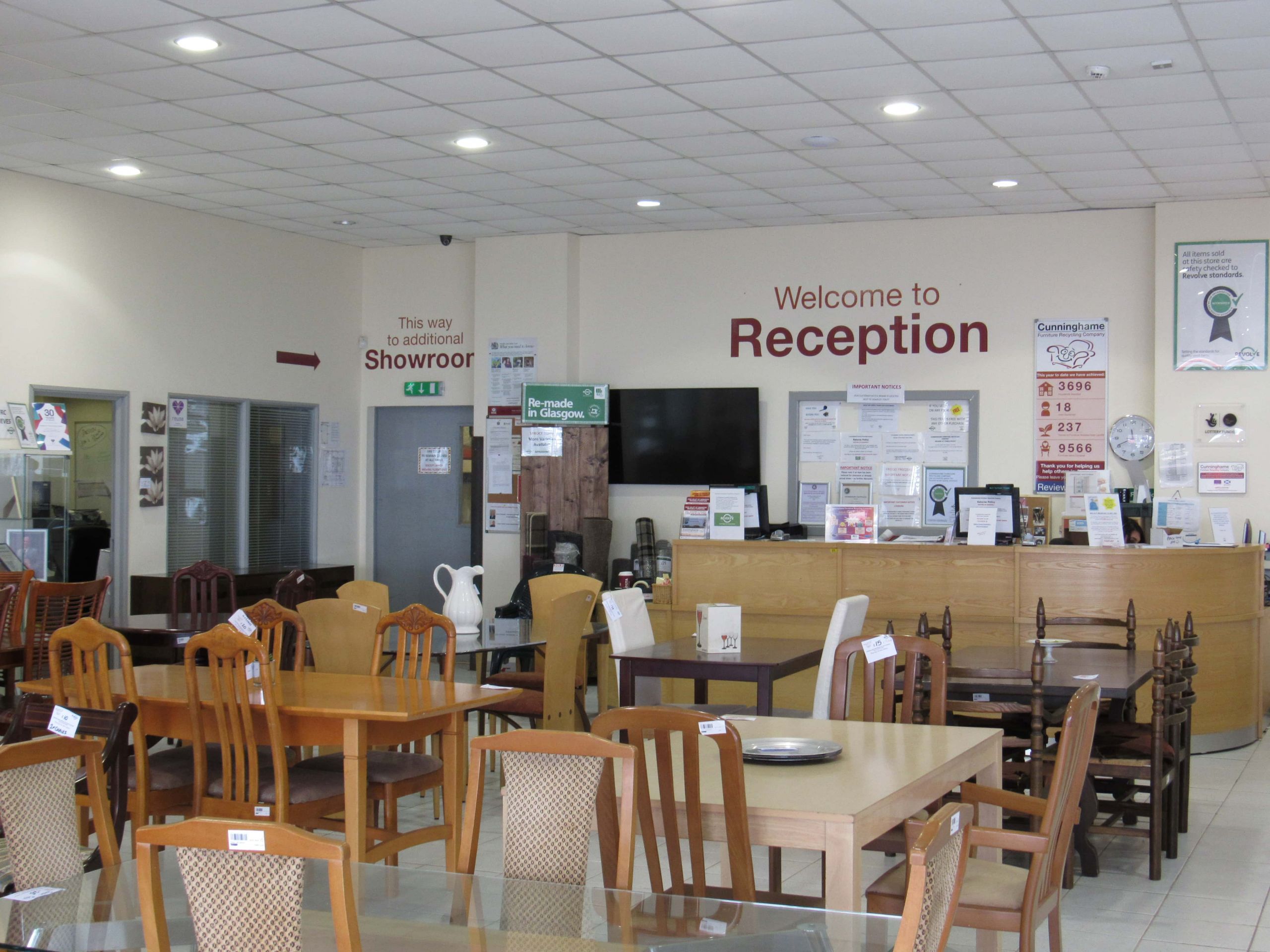
[insert stat] pieces of furniture end up in landfill each year, equating to [insert number] tonnes of pre-loved goods, most of which could be refurbished and reused by those in need. Circular Communities Scotland (CCS) is a membership body of over 250 social enterprises and charities supporting the development of a circular economy in Scotland, encouraging reuse, repair and recycle.
In partnership and support of local social enterprises, CCS’s Reuse Consortium provides local authorities and housing associations with the opportunity to purchase sustainable, affordable alternatives when buying furniture and white goods for its residents.
CCS received £99,000 (and then received a further £40k) from Zero Waste Scotland’s Circular Economy Investment Fund (CEIF) for its Reuse Consortium, which consists of nine social enterprises and supplies nine local authorities, including Cunninghame Furniture Recycling Company (Cunninghame) in Irvine, North Ayrshire.
CCS speaks on behalf of social enterprises like Cunninghame to subcontract work when local authorities are looking to buy reused items through the Scotland Excel Framework
Through the Scottish Welfare Fund Consortium, CCS and Cunninghame identified the need for reused mattresses. With support from North Ayrshire Council and Zero Waste Scotland’s Recycling Improvement Fund, the team at Cunninghame went from processing 182 mattresses a year with a 63% reuse rate, to over 700 mattresses with a 90% reuse rate, preventing unnecessary landfill waste.
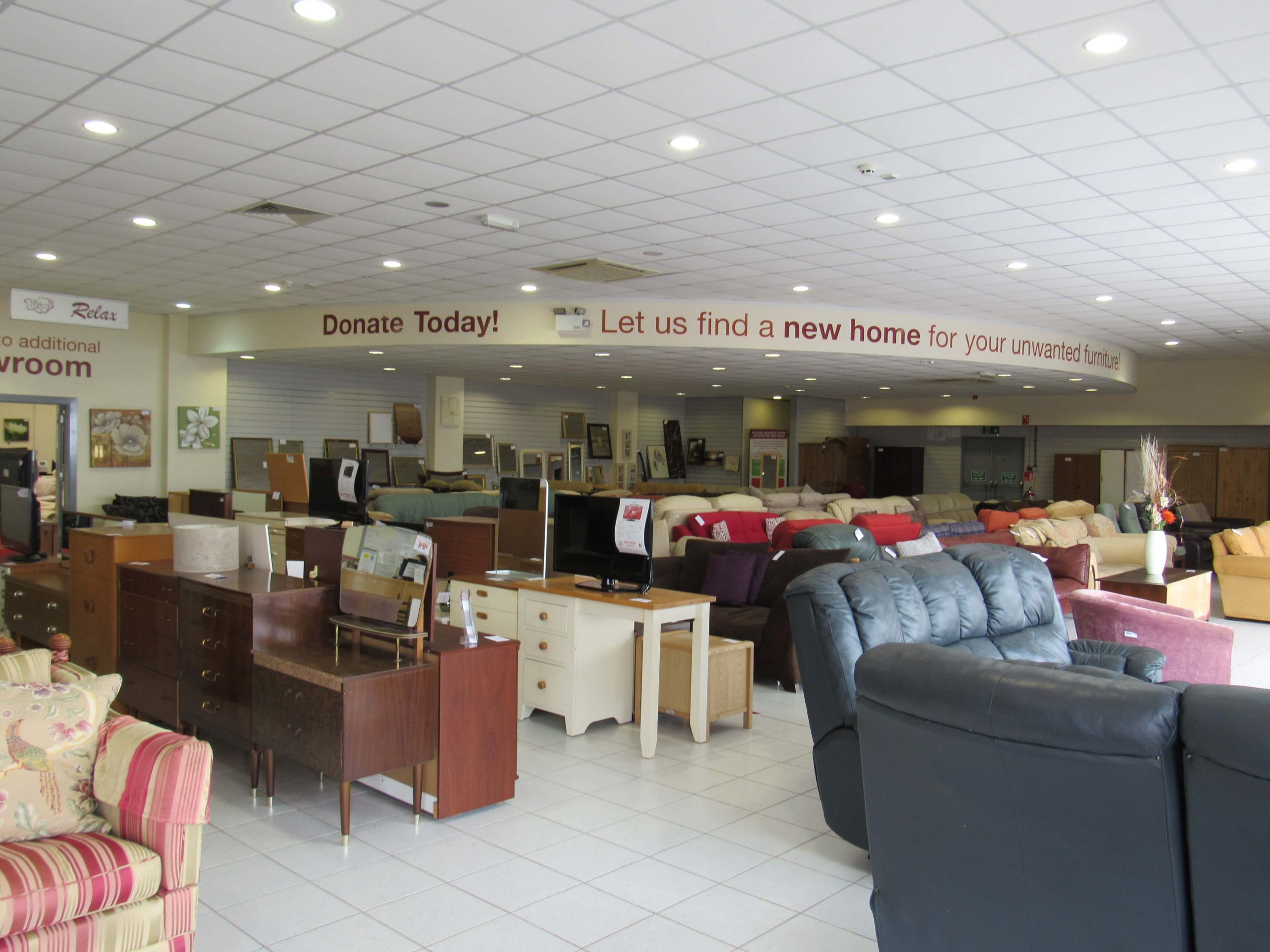

CCS speaks on behalf of social enterprises like Cunninghame to subcontract work when local authorities are looking to buy reused items through the Scotland Excel Framework. This process saves on transport costs, manufacturing costs and unnecessary virgin materials to create household items from scratch.
Collaboratively, CCS and Cunninghame strive to encourage the public sector to buy reused furniture when they need to furnish properties, social housing associations, local authorities and universities. The Reuse Consortium has seen over 28,000 pieces of furniture reused, 13,000 families in need, helped, the diversion of 1.2million kilograms of waste from landfill, saving 3,200 tonnes of CO2 emissions from polluting the earth’s atmosphere (Consortium Impact Report 2016-2023). Off the back of ZWS’s CEBS funding the consortium has seen significant development and in the past five years the team has grown by over 50%.
We want people to really think reuse first by generating awareness and ultimately break the social stigmas associated with second hand goods. Buying reused massively cuts down on transport emissions, manufacturing resource and the use of virgin materials.We’re working with enterprises like Cunninghame to create a positive attitude towards buying reused, highlighting the high quality and durability of the furniture for a fraction of the cost to buy new. By doing this we’re seeing enterprises train and educate staff in a range of practical and technical skills, supporting homeless communities and those in need.
The Reuse Consortium is there for those who are concerned about climate change, the cost-of-living crisis, hope to be more environmentally sustainable and would like to reuse.
Rhoda Reid – Reuse Consortium Coordinator
There’s great passion right the way through our supply chain, from people getting in touch and dropping off unwanted furniture hoping to help someone out, to the teams across social enterprises like ours and local council authorities all hoping to strive towards a circular Scotland.“We have a direct social impact on our community in North Ayrshire, supporting vulnerable and disadvantaged people by giving them better quality furniture. We’re employing people who might not be able to get employment, training them up with PAT testing to ensure washing machines, fridges and all other electrical appliances adhere to regulations and are ready for resale, providing valuable skills for growth and development.
“Items are collected, cleaned, sanitised and quality controlled to ensure they are in a fit state for resale and our mattresses are put through a further deep clean process.
“To keep our service going and allow us to supply reused furniture to members of our community in need, donations are essential. If you are a business or a member of the public and would like to donate used items or purchase reused items to furnish a space, please get in touch.“We should only recycle what we can’t reuse, repair or fix, and we hope to educate and encourage everyone to get involved and reduce their contribution to landfill.”
Jordan Easton – CFRC Operations Manager
